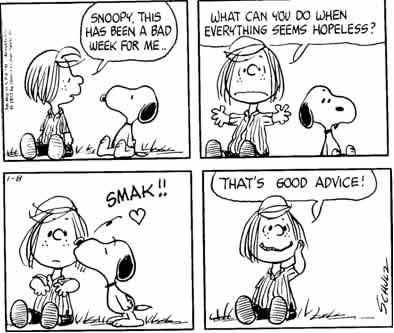This post is part of Aid to Zen – A Quick Guide to Surviving Aid Work from A to Z by Alessandra Pigni.
***

We may not think of dignity as an issue of mental health, but it has a lot to do with a “holistic” approach to wellbeing, because dignity is about treating each other with respect.
It doesn’t surprises me when aid workers tell me that they don’t necessary feel the need for counselling sessions. What they really want is to be treated with dignity, for example have equal opportunities regardless of their nationality. “I’m not a second class citizen” told me a Syrian aid worker based in Turkey. And how about the professional who was granted the opportunity to apply for an “expat position” but on a “national contract”? Same working hours and responsibilities, for less than half the salary.
Ultimately dignity is about inclusiveness, fairness, connection, safety. It is about love and empathy, something we often forget in our “crazy-busy” schedule.
Not surprisingly aid workers and people affected by crisis want the same things: respect, connection, love.
I borrowed two quotes from quite different authors to exemplify how dignity matters:
“Dignity is the vital ingredient missing when basic physical needs are delivered in a mechanistic and impersonal way. Respect of human dignity is too often the first casualty in emergency responses to refugees” (Barbara Harrell-Bond, “The Experience of Refugees as Recipients of Aid”)
“Dignity is more important than wealth. Everyone needs “enough.” But once we have enough (and enough may be less than you think), what we crave and want is dignity. Given a choice between dignity and “more,” most people choose dignity. Respect matters. Respect in all things—for your employees, coworkers, and customers alike. The ultimate gift you can give, the one that will repay you today and tomorrow and heal our world, is that gift. The gift of connection, of art, of love—of dignity.” (Seth Godin, Linchpin: Are You Indispensable?)
In an industry that has (almost) become embarrassed by emotions, I think we can all do with a reminder that no matter how jaded and cynical aid work asks you to be, we all crave for what Seth Godin calls “the gift of connection, of art, of love—of dignity.” Maybe that’s what in some small way can heal our world.
***
What to read:
Hugo Slim, Humanitarian Ethics: A Guide to the Morality of Aid in War and Disaster

